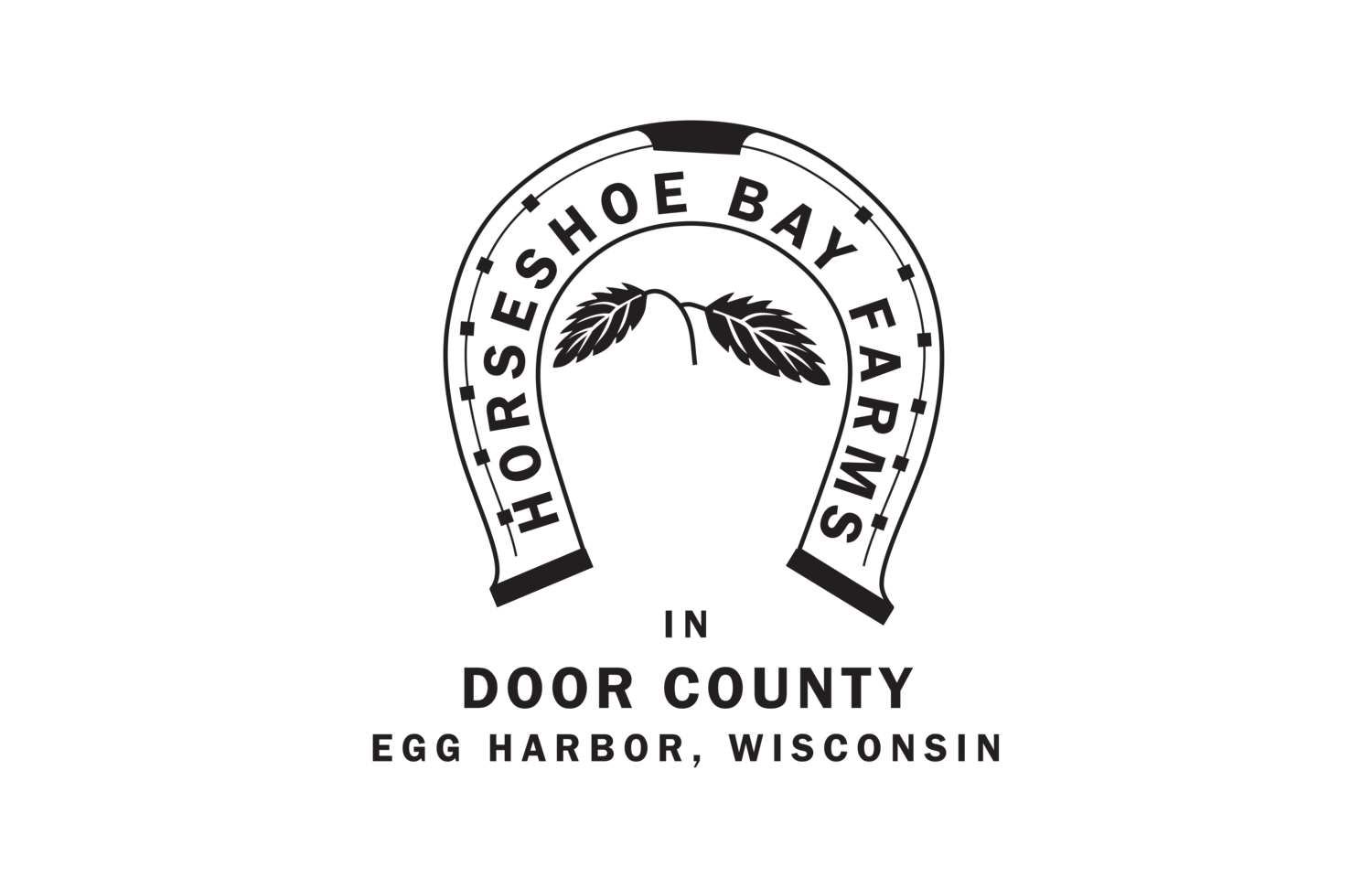Native Lands
Maps drawn circa 1820 indicate villages of Winnebago (Ho-Chunk), Sauk, Menominee, Ottowa, Ojibwa, and Potawatomi along the entire length of the peninsula, all the way up to and including Detroit and Washington Islands. By 1870, however, only a single Potawatomi village is shown on the entire peninsula.
Horseshoe Bay Settlement.
The story of Horseshoe Bay beings with Increase Claflin, an early settler of the County. Claflin was running a team of horses from Fish Creek to Sturgeon Bay in the 1860’s when one of the horses needed re-shoeing. He stopped at an overlook of an inlet on Green Bay and named it Horseshoe Bay.
Just south of modern day Murphy Park, a thriving lumber town called Horseshoe Bay Settlement sprang up in 1870. While Egg Harbor was merely a fishing hamlet, Horseshoe Bay Settlement had a school, general store, post office and close to 40 inhabitants. Selling cord wood and wooden barrels in-season, and cutting and storing ice in the winter, the business and community existed until 1890.
A.J. Andersen built a fine home there and ran a dock on Green Bay. Horseshoe Bay was alive with schooners and steamers that docked at Mr. Andersen’s pier, and payday night in Horseshoe Bay Settlement was something to be remembered.
Around 1870, Andrew Andersen built a pier south of Murphy Park. The purpose was to ship cordwood. He established a saw mill, opened a general store, a blacksmith shop and a coopers shop nearby.
The coopers sold their barrels to local fisherman who used them to pack their salted fish, which were shipped to larger cities around the Midwest. Horseshoe Bay also became known as Cooperstown.
The sawmill was sold to the Hamilton Company who added an ice business to keep the employees busy during the winter. The community expanded and boasted a school house, post office and about a dozen homes. About 60 men were employed in the business. The sawmill business lessened over time and in 1890 the ice business closed and Cooperstown soon became a ghost town.


